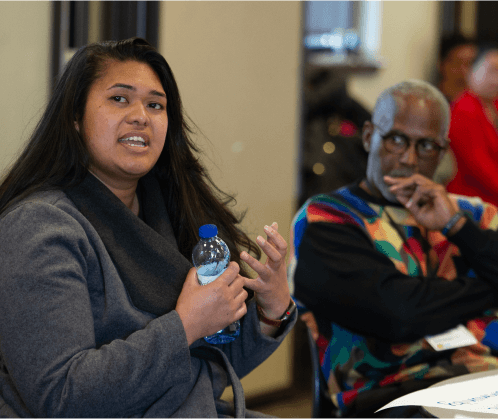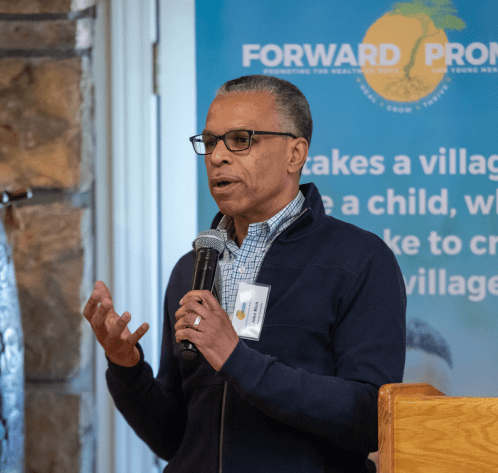Increasing Capacity in Community


Organizations led by people of color are typically funded only for the programs they deliver, not the growth they desire. That is why Forward Promise makes technical assistance, particularly related to capacity-building, a priority for our grantees.
Examples of our technical assistance to grantees include:
Our approach to technical assistance prioritizes the goals that grantee organizations have for themselves and for the service they provide to their communities. Forward Promise grantees are provided individualized technical assistance by TA coaches skilled in leadership development, business development, organizational development, program development, and collaboration with local youth-serving systems. Coaches support grantees via:


Forward Promise and The Moriah Group are developing curricula to help organizations that work with youth of color and their communities gain a clear understanding of the relationship between racialized trauma and the health of these communities. These technical assistance offerings center individual and structural solutions to the issues that undermine healing, growing, and thriving for communities of color. Examples of transformed organizational practices include:
Subscribe to be notified about the latest resources and opportunities.

Lorem ipsum dolor sit amet, consectetur adipiscing elit. Ut elit tellus, luctus nec ullamcorper mattis, pulvinar dapibus leo.